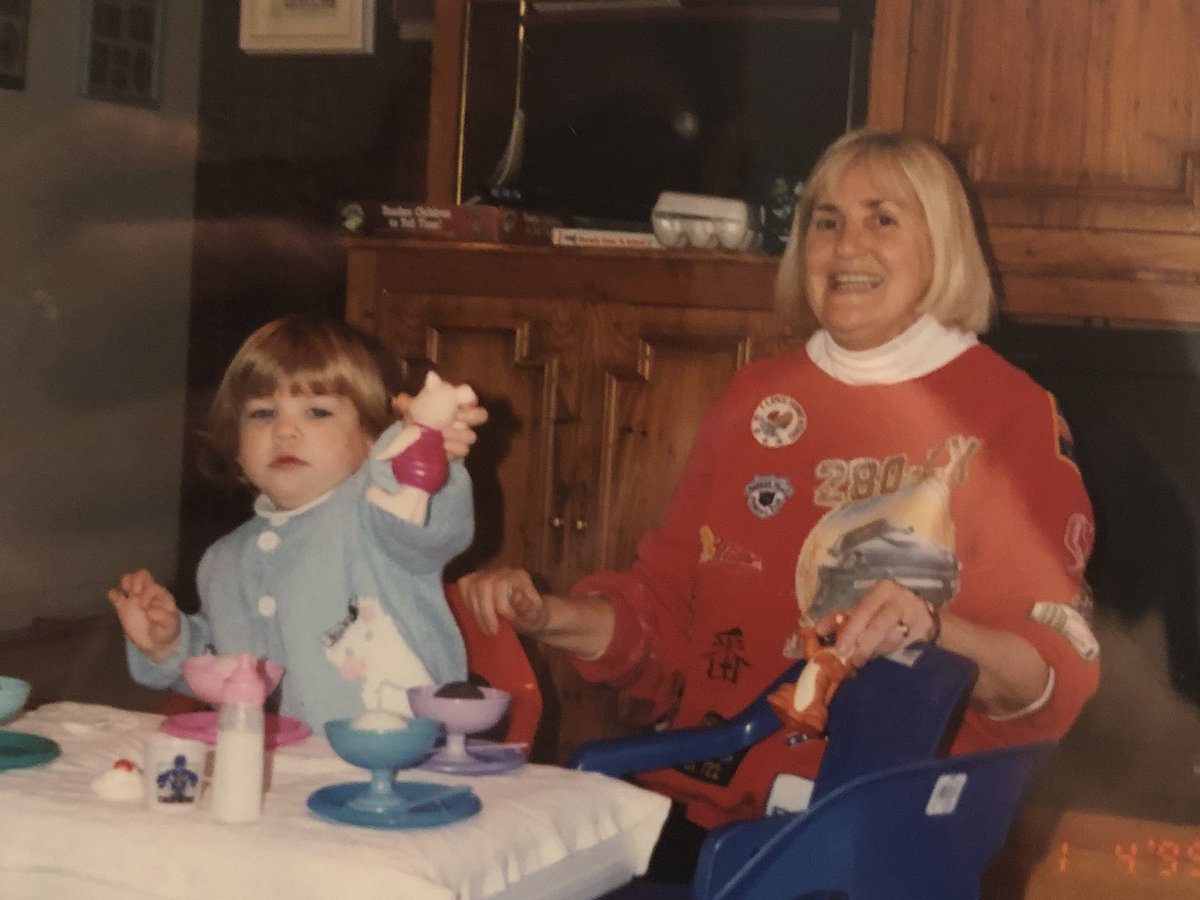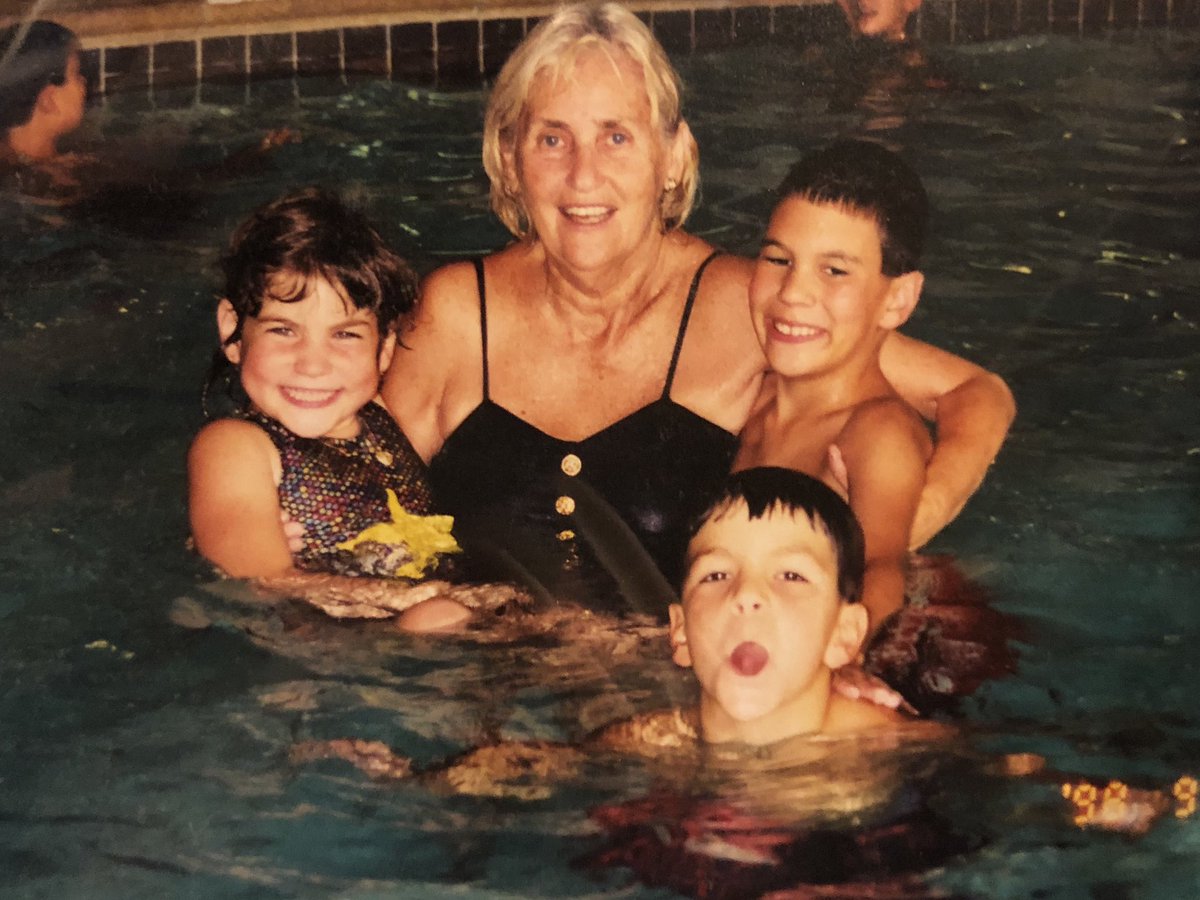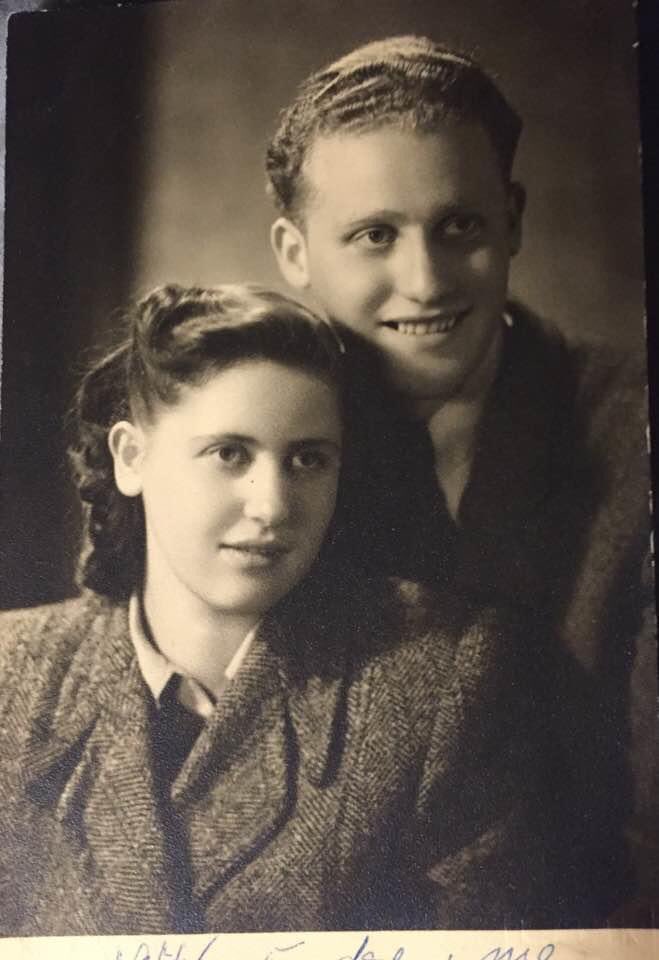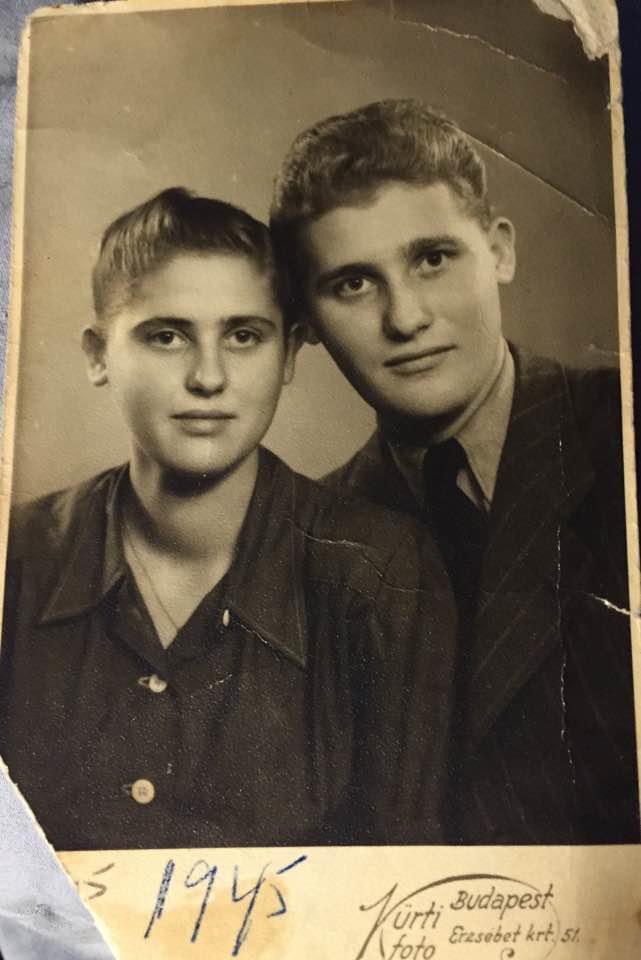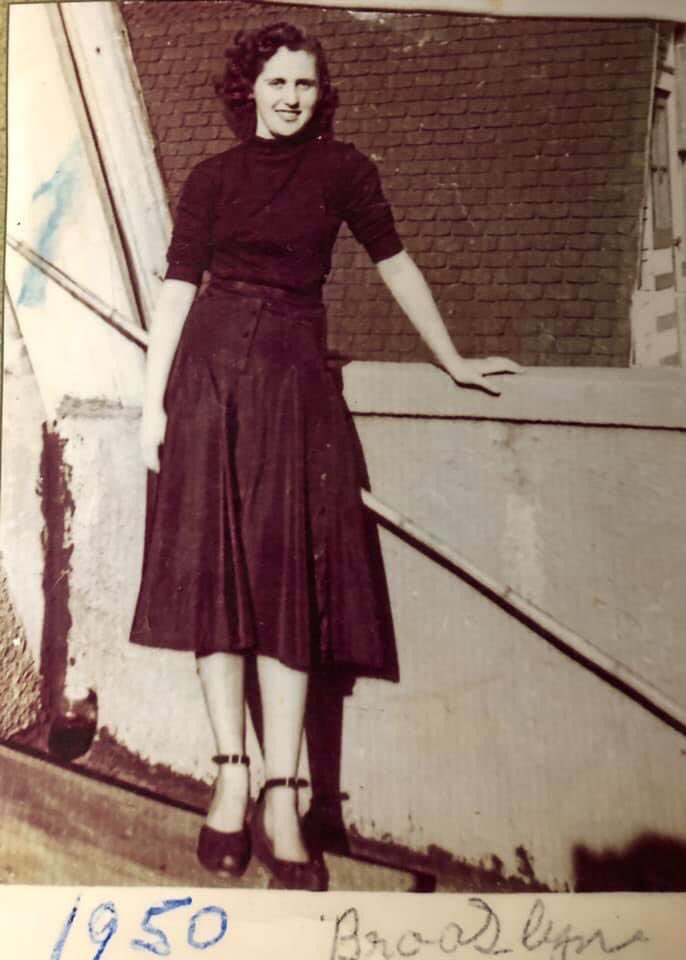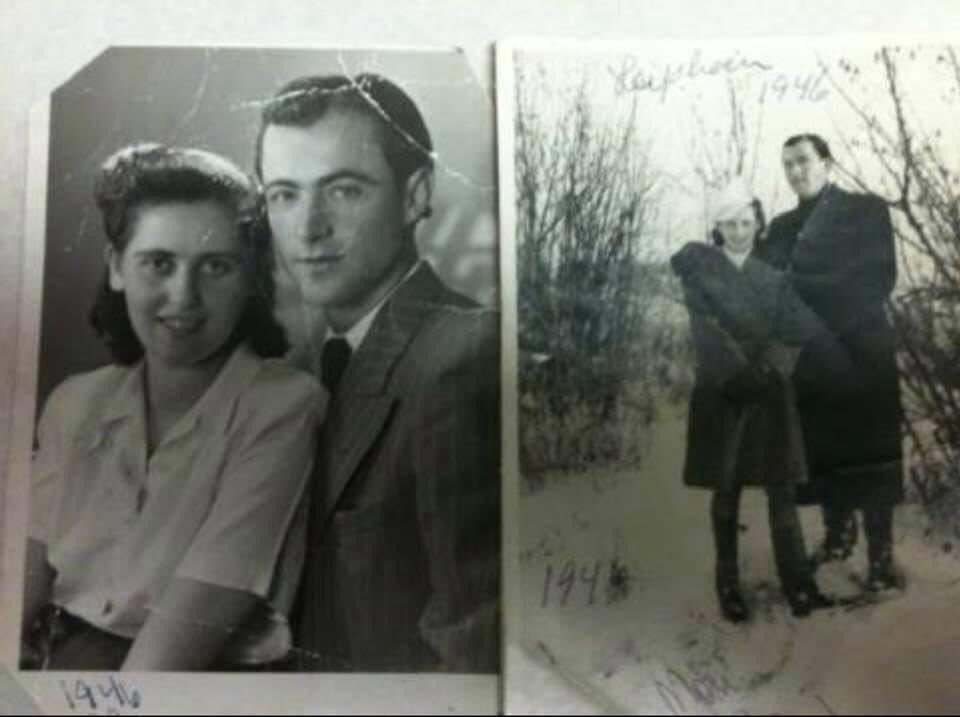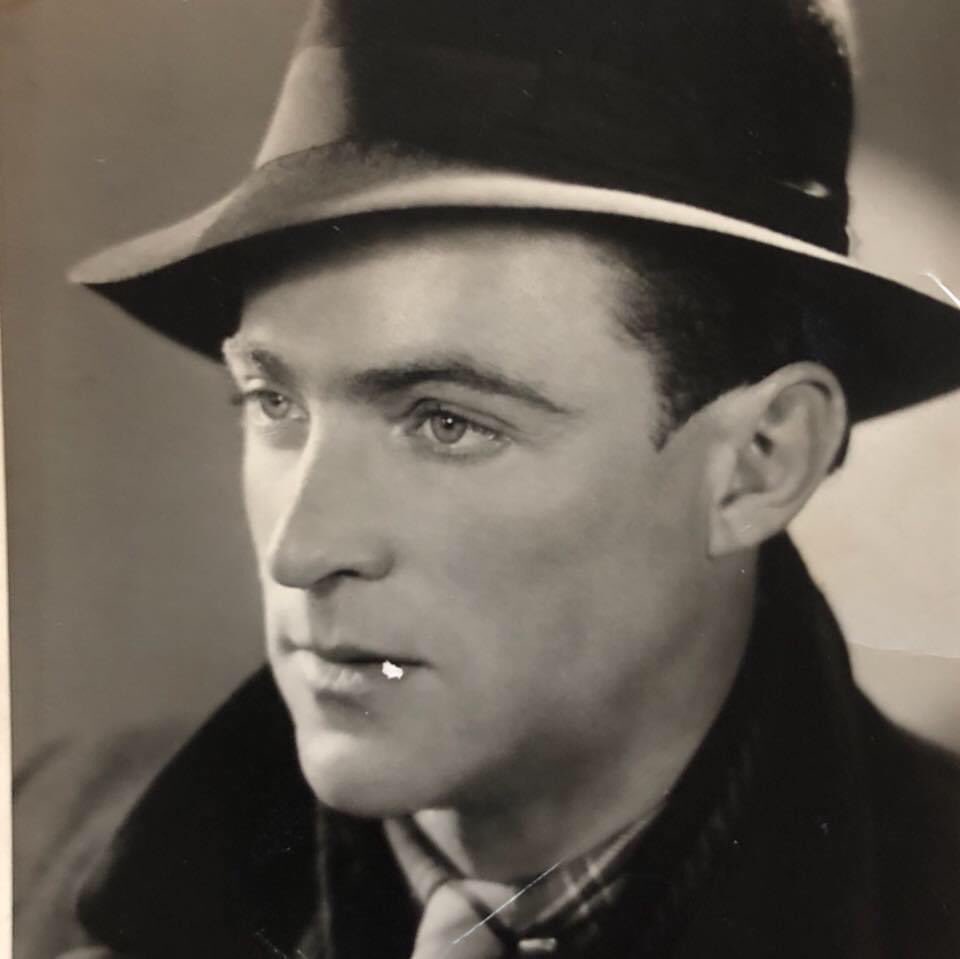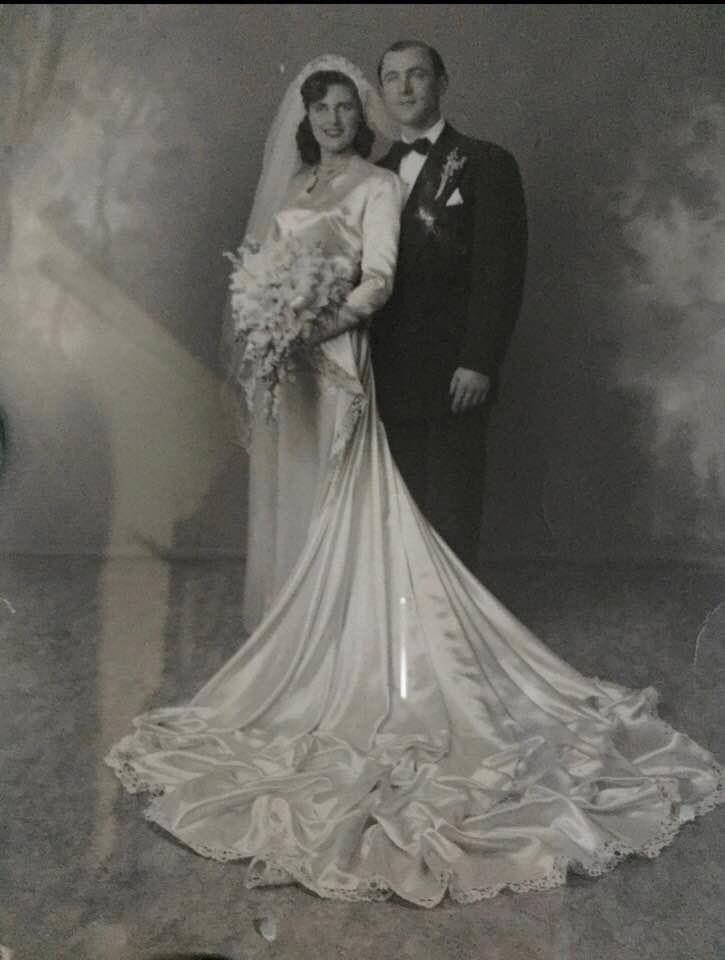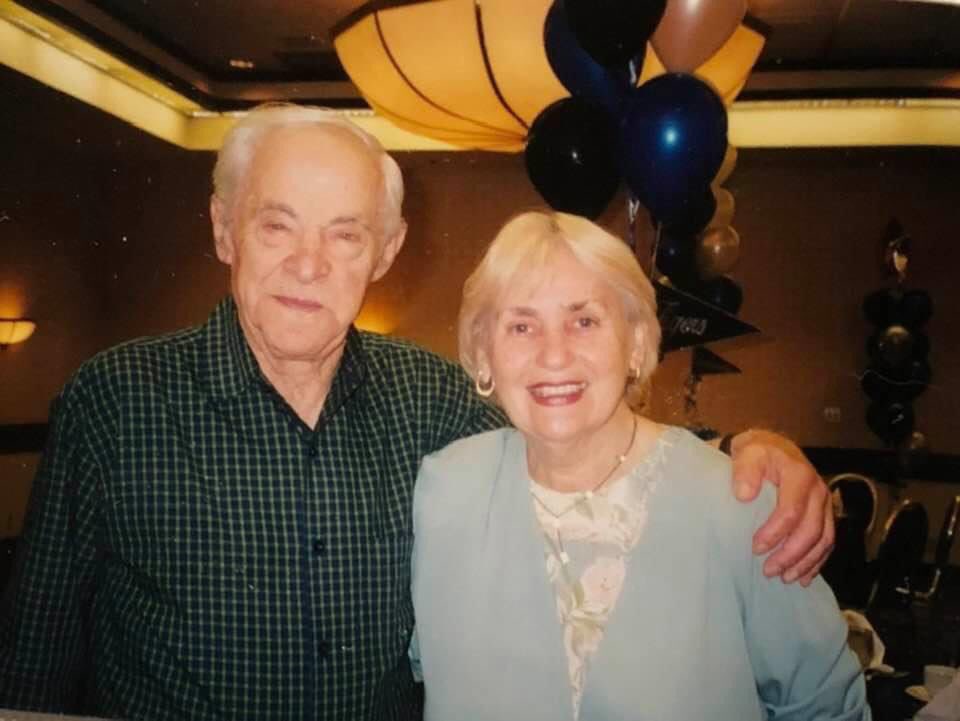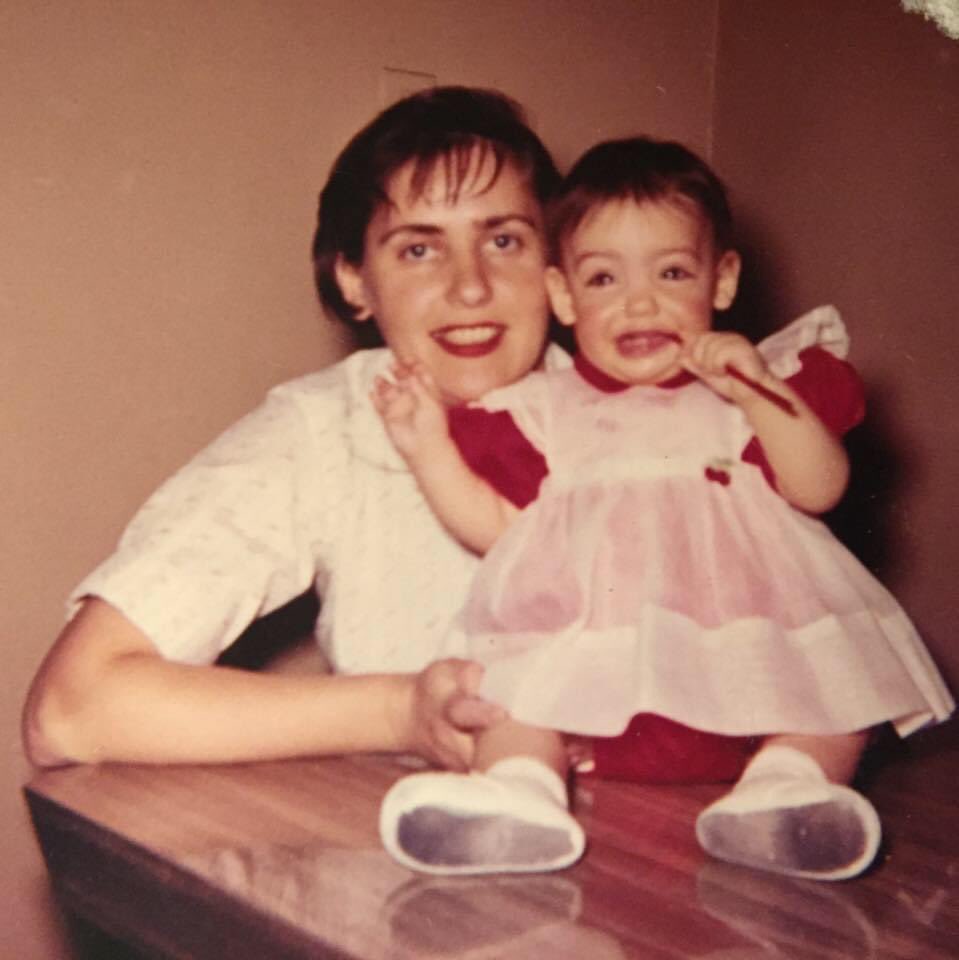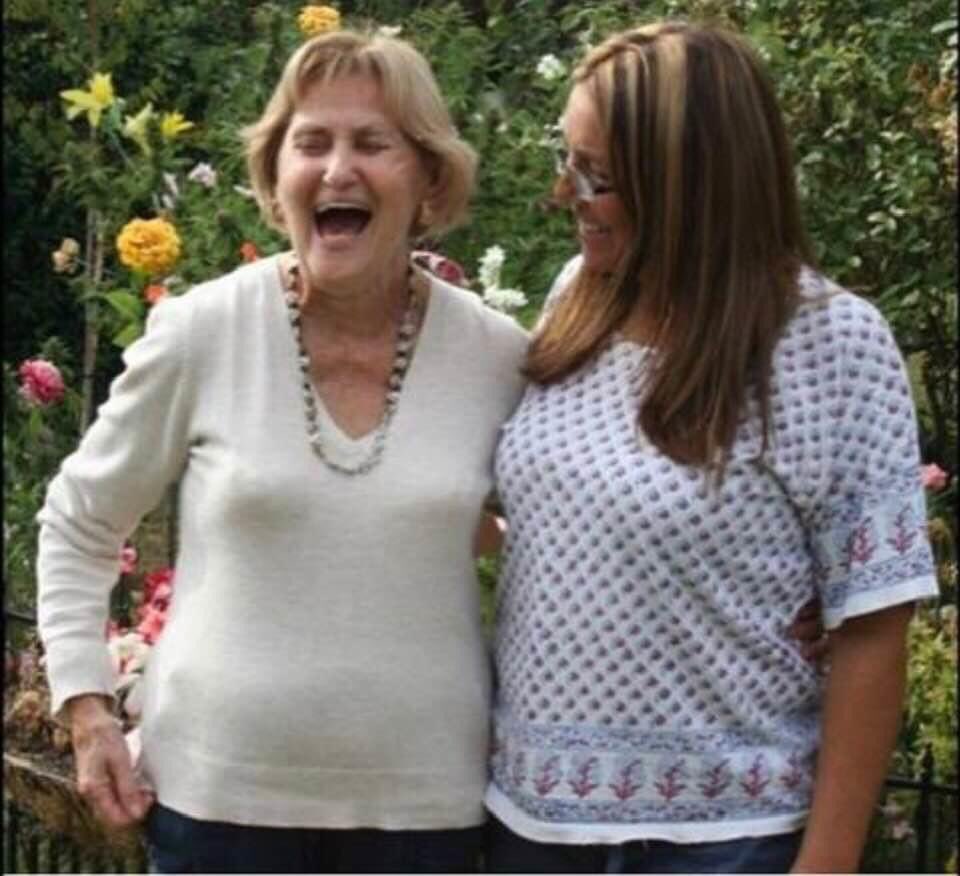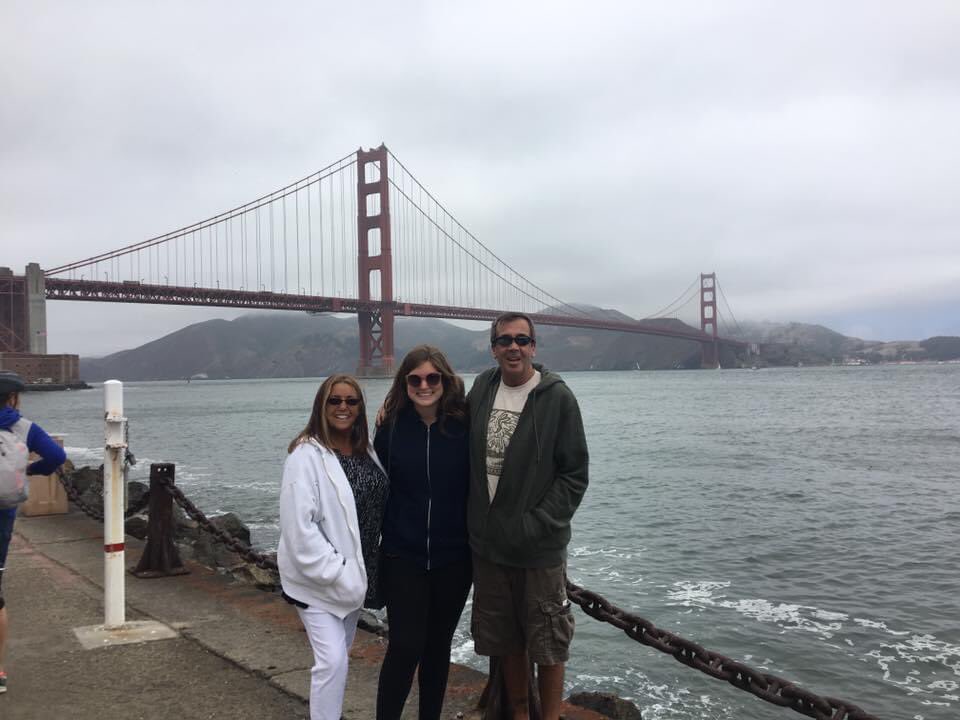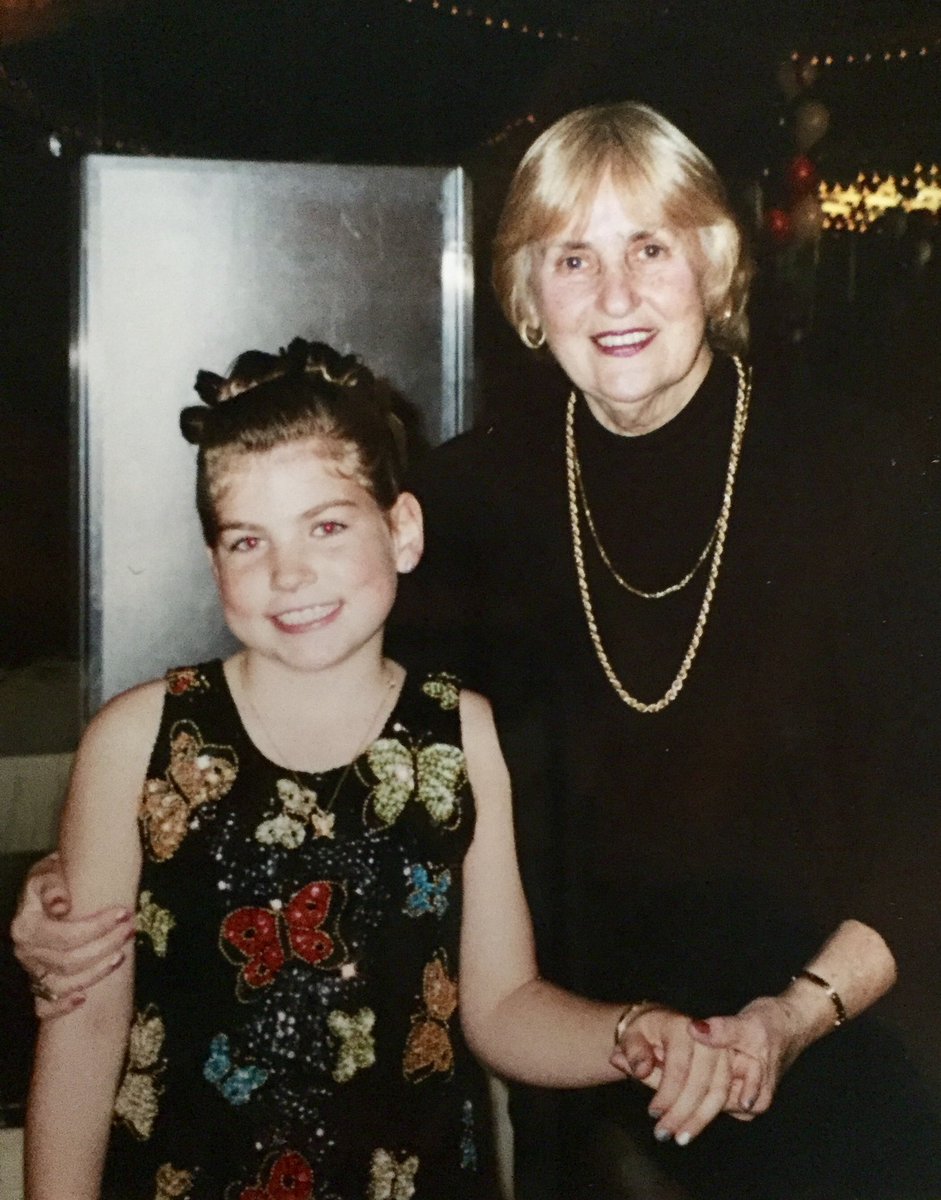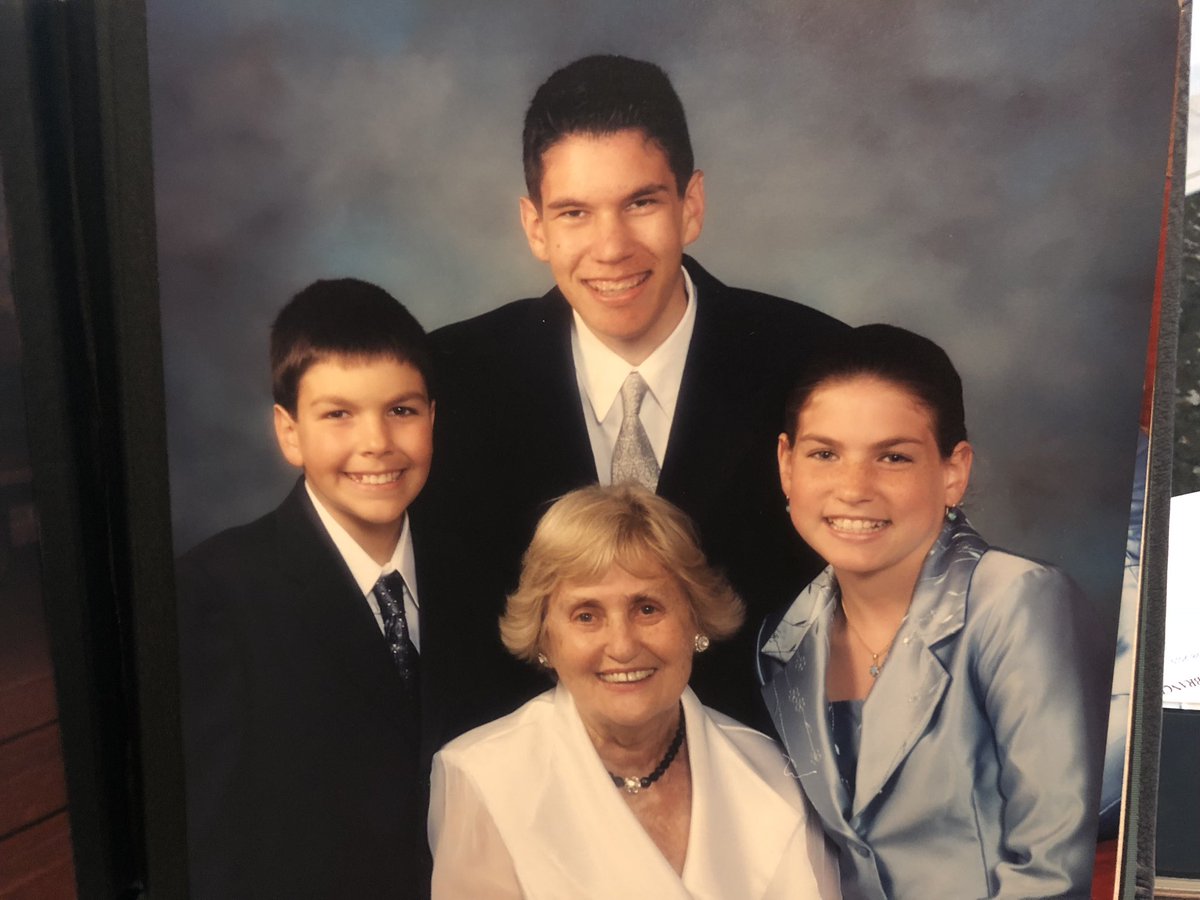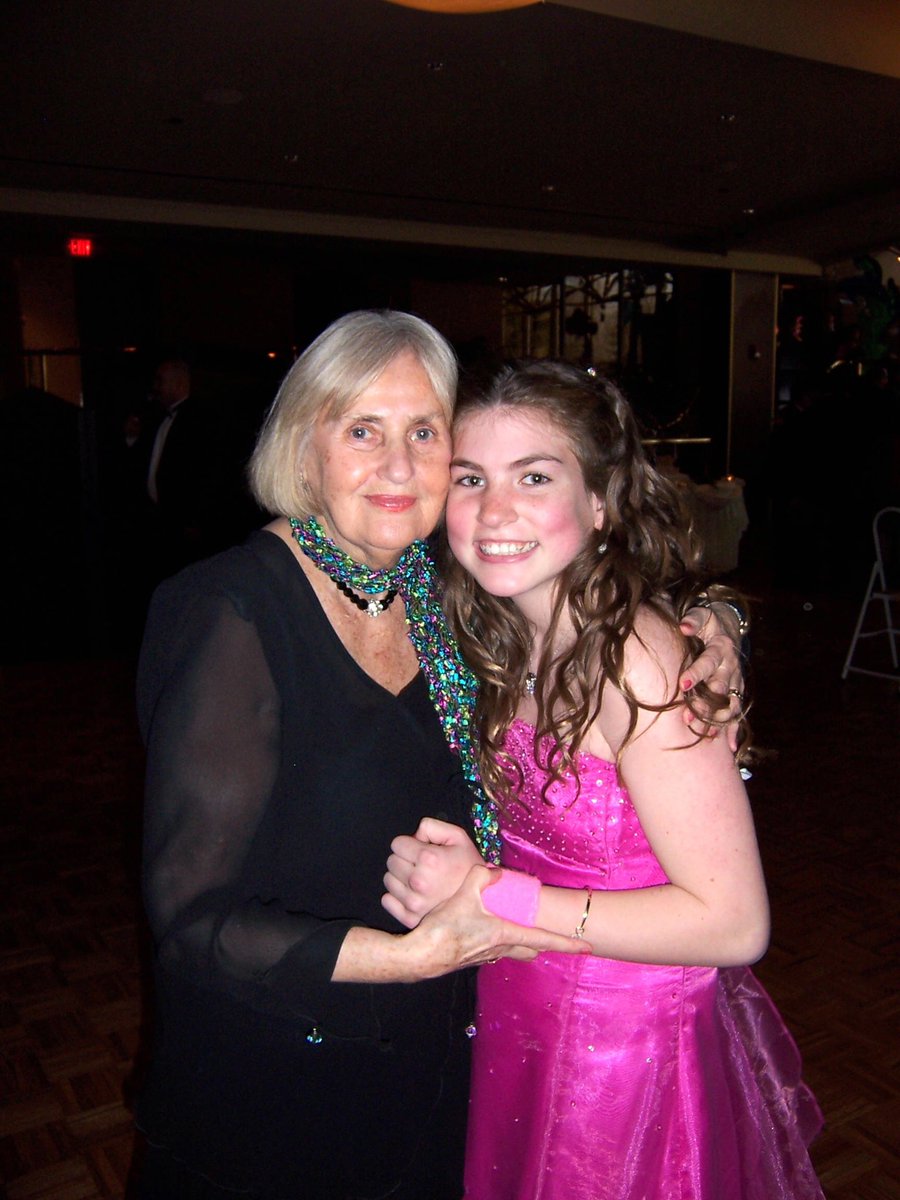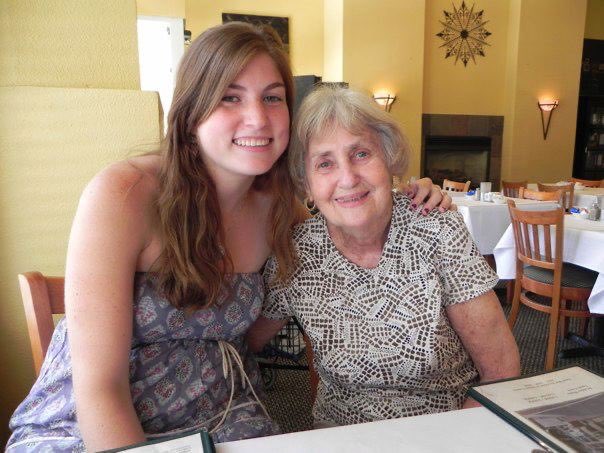Helen would have been 94 years old today.
Over the last 3 years, I told many Holocaust survivor stories. Today I share Helen’s. A thread:
I first met Helen when I was 2 years old and she took care of me and my brothers while my parents were at work. She was my best friend.
Over the last 3 years, I told many Holocaust survivor stories. Today I share Helen’s. A thread:
I first met Helen when I was 2 years old and she took care of me and my brothers while my parents were at work. She was my best friend.
When I was 8, I interviewed Helen about her life for a class assignment. She told me she was an Auschwitz survivor. She and her brother, Endre Klein (pictured here), were the only survivors from their immediate family. Helen had 5 brothers and a younger sister.
Helen grew up in Uzhorod, Czechoslovakia. She was born on Sept. 4, 1926. Before the war, her family lived a happy life, as Orthodox Jews. Her father was the cantor (singer) at their local synagogue and she would always tell me that he had the most beautiful voice.
She would talk about her family’s 3 hour long Shabbat dinners every Friday night that she “couldn’t get out of.” As a young girl, all she wanted to do was play with her friends instead of sitting at the table. She came to cherish those memories later in life.
When the war broke out, Helen was 16. All Jews immediately had to wear the yellow star. She remembered there were beatings on the street, so her parents didn’t allow her to visit her friends anymore.
Soon after, the Kleins was sent to the ghetto where they stayed for a month, and later were piled into a railway car where they were taken to Auschwitz. Upon arrival, she was separated from her family — never to see them again. She would tell me, “we didn’t even say goodbye.”
Helen was sent to a huge room where they took her clothes, among many other teenage girls. The soldiers told them that after they showered, they would “get their clothes back” and “meet their families later for tea.” I remember Helen looking at me and saying, “we believed them.”
“They cut our hair all the way to the scalp,” Helen would say. “It was a good thing we didn’t have mirrors.”
They gave her a striped dress, wooden shoes, and a tattoo. A999-1. Then they were taken to the barracks. Helen was in barrack 28.
They gave her a striped dress, wooden shoes, and a tattoo. A999-1. Then they were taken to the barracks. Helen was in barrack 28.
Every morning, she was woken up at 5 a.m. to stand for hours and be counted. She told me about a Nazi woman soldier who carried clubs and would hit anyone in the front or the back of the lines. “I would always try to not stand in the front or back,” she would say.
Once a week, Dr. Mengele arrived to select who would live or die. Those sent to the left were never seen again, Helen would say. “I was chosen so many times to go to the left, but somehow I always managed to run to the right line when he was selecting others.” She lived.
In January 1945, as the Soviet army approached @AuschwitzMuseum, SS units forced about 60,000 prisoners to go on a “death march” to other camps. Helen marched for Bergen-Belsen with her friend Heny Friedman. Heny got so tired that she sat down. The SS shot her on the spot.
Helen froze, but had no time to process. She had to keep marching until they arrived in Bergen-Belsen.
A few days before liberation, Helen contracted typhoid fever. A friend who also survived told her years later that she was so sick she didn’t know who she was. She doesn’t remember liberation.
Two months later, Helen woke up in a hospital. “I remember waking up and feeling nothing,” she would say. “It took me a long time to be myself again.”
Helen was taken to a Displaced Persons camp, where she met her husband, Jerry Freibrun, a “handsome soccer player” who, as Helen would always say, “looked like a movie star.” In 1947, they came to the U.S. and were married.
Helen and Jerry’s daughter, Bonnie, lives in California with her husband Keith, and their golden retrievers. (Pictured: Helen with Bonnie, and me with Bonne and Keith a few years ago in SF)
In 1995, my mom was looking for a babysitter and Helen was a member of my synagogue on Long Island. My mom hired her — a move she had no idea would completely shape my family’s life forever.
Some of my favorite memories in life are with Helen. We would put on puppet shows together, play piano and sing, go out for pizza, write letters to each other every week — and so much more. She was a constant light, with an electric and contagious smile.
Helen passed away in 2011, but sometimes it feels like she’s never really gone. She inspired the Where Life Leads You project, which shares the stories of 15 Holocaust survivors on Staten Island. A film and a teaching tool for NYC schools. http://Holocaust.silive.com"> http://Holocaust.silive.com

 Read on Twitter
Read on Twitter